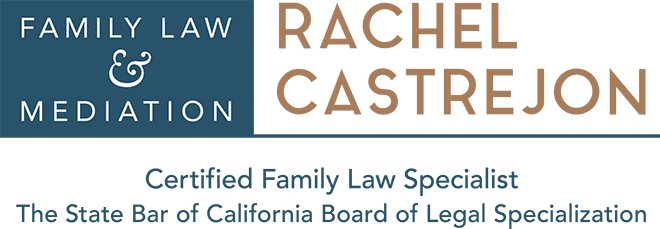Who Pays For Divorce and How Can You Keep the Costs Down?

Not only is going through a divorce emotionally draining and time-consuming, it can also be very expensive. Being efficient while also obtaining ample information that will help you resolve your case is critical to managing the costs of divorce. Mediation generally offers a lower cost alternative to divorcing couples. Since the parties are paying the cost of one mediator rather than two lawyers, the parties generally agree on a cost sharing mechanism for payment of the mediator’s fees. If the parties have joint funds, they will often agree to use the joint funds to pay the mediator’s fees. If one party has more resources than the other party, that party may advance the cost of mediation fees.
In the event that mediation is not the path that you choose, fees and costs can be split equally by agreement of the parties or, if there is no agreement, the Court can order one party to contribute to the other party’s reasonable attorney’s fees and costs based on the disparity in each party’s access to assets and income from which to pay fees. (Cal. Fam. Code § 2030 et. seq.) Additionally, the court can order one party to pay the other party’s attorney’s fees and costs as a sanction for frustrating the policy of the law that encourages settlement. (Cal. Fam. Code § 271.) Just another reason to engage in mediation to try and resolve your case amicably.
Note, there are other code sections that allow for recovery of attorney’s fees circumstances (i.e. enforcement of child support orders, domestic violence cases etc.) Those will be addressed in a separate blog post.
